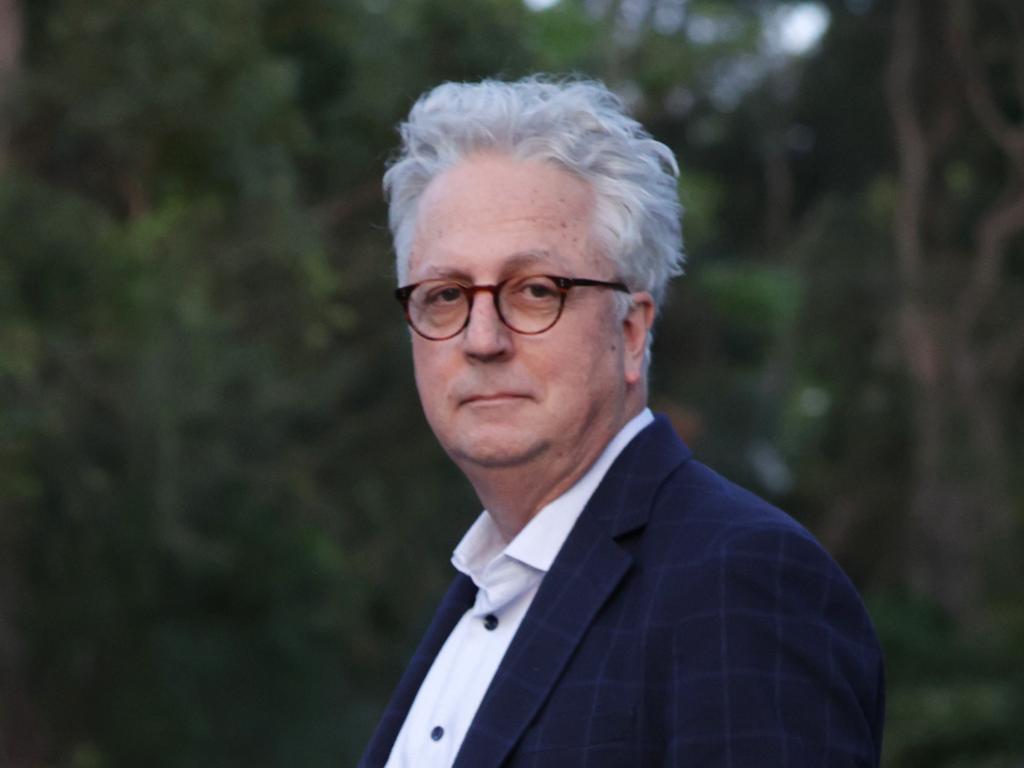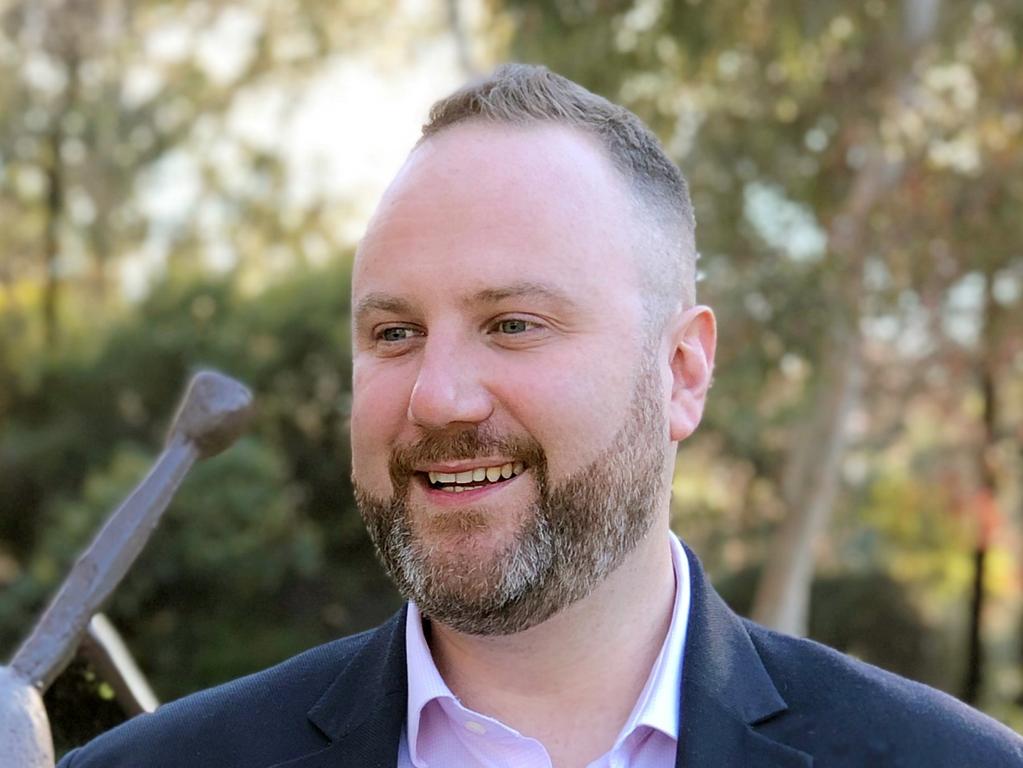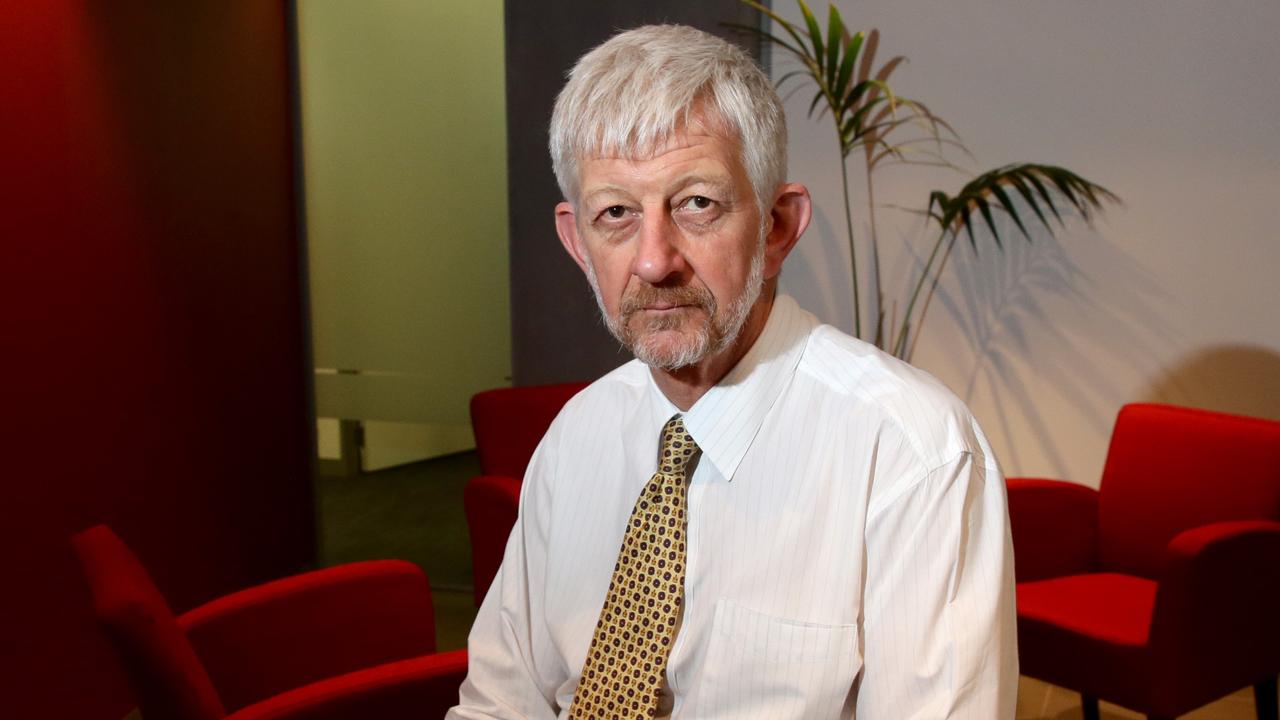Defence researcher in academic freedom fight at Australian National University
A defence scientist working on sensitive national security research has accused an Australian National University academic with Russian ties of seeking help to procure a government security clearance.
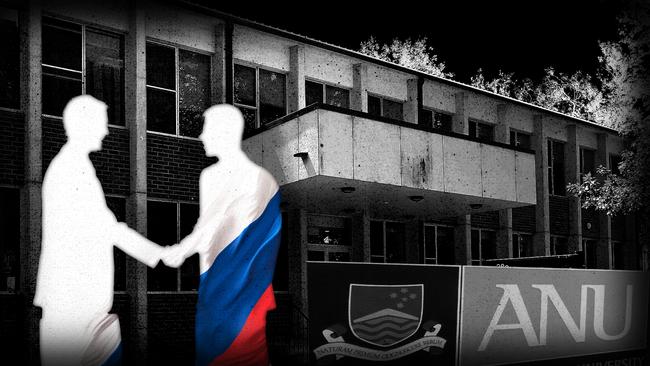
A defence scientist working on sensitive national security research has accused an Australian National University academic with Russian ties of seeking help to procure a government security clearance.
The researcher has warned of the potential for foreign interference at the ANU, which collaborates with Australia’s defence and intelligence agencies and Chinese institutions.
The academic with ties to Russia has denied the allegation.
The ANU has refused to grant official whistleblower protection to the doctoral researcher during a three-month standoff that has escalated to legal threats.
The researcher cut ties with the academic after alleging he had sought help to procure a security clearance for his wife, and then tried to connect with the researcher’s high-level defence industry contacts.
Through a lawyer, the researcher wrote to ANU vice-chancellor Genevieve Bell last week, seeking whistleblower protection to report alleged foreign interference.
He told Professor Bell he had made multiple requests to perform his defence science research “safely and free from foreign interference’’.
Professor Bell’s senior adviser replied on Friday that the researcher did not qualify for whistleblower protection under the Public Interest Disclosures Act, as a current or former public official.
The adviser stated that ANU had “done all it can’’ to help the researcher.
The researcher’s solicitor, Paul James – the principal of veteran-owned law firm Operational Legal Australia – told The Australian that stronger laws were needed to protect whistleblowers.
“The risks of foreign interference in our universities are not just academic,’’ he said. “They threaten Australia’s national security, innovation and intellectual property.
“Those who expose these threats play a crucial role in defending our national security and the integrity of our universities.’’
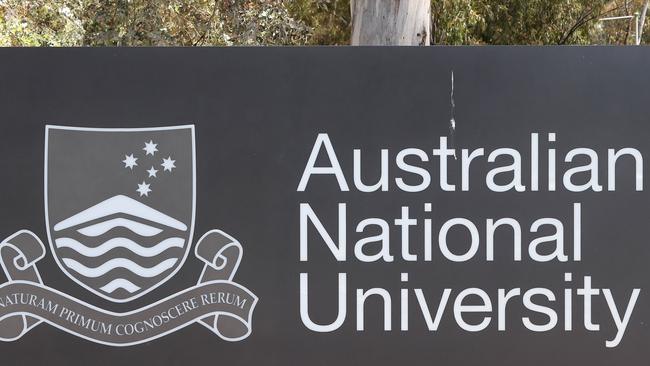
When contacted by The Australian, the academic denied the allegations, and counterclaimed that the researcher had “offered to get my wife a clearance for some reason’’.
He said his wife did not need security clearance, but needed help only to find a job as she was not an Australian citizen.
Asked if he had an Australian security clearance, the academic replied: “I don’t need it and I don’t have it.’’
He said when he asked the researcher to produce data, “he started making these weird accusations and went a bit berserk, to be honest’’.
The academic also denied that he had asked the researcher for a list of attendees at a high-level security conference.
“I didn’t ask for names or anything like that, I just introduced myself to people I saw at the conference,’’ the academic said.
“When I did that, (the researcher) got very upset and said, ‘Why are you using my name?’
“As far as I know, I personally never asked for a list of people.’’
The researcher denies the academic’s allegations.
Professor Bell was alerted to the dispute in June, when the researcher first complained about an alleged “abuse of power”.
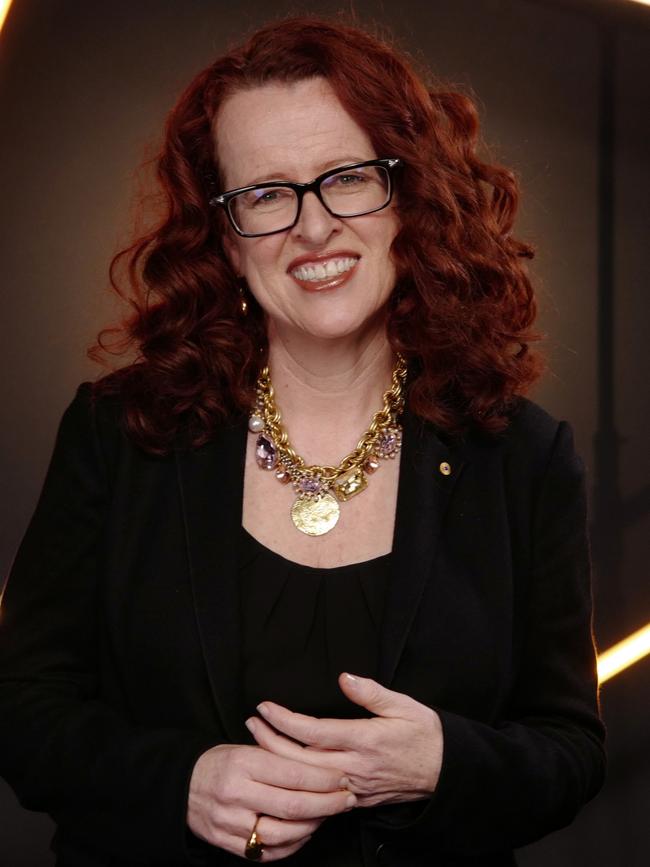
She delegated the matter to a senior academic, who responded that he lacked the necessary security clearance or expertise to interview the researcher.
The ANU then transferred the researcher’s project to an academic who trained at a Chinese university flagged by the Australian Strategic Policy Institute as having links to the Chinese Communist Party and Chinese defence industries.
Now the sensitive defence-related research has been put on hold because of the complainant’s insistence that it be overseen by an academic with security clearance.
An ANU spokeswoman refused to comment on the dispute or to identify the academic or the researcher on privacy grounds.
“We take all allegations seriously,’’ the spokeswoman told The Australian.
“We have robust policies and procedures in place to support students making complaints and to investigate allegations, and appropriate action is taken when required.’’
The drawn-out dispute raises questions about ANU’s processes for handling allegations of foreign interference, and its safeguards for academic collaborations with defence and intelligence agencies.
The ANU, based in Canberra, is the top academic recruiting ground for Australian spies and military personnel.
It hosts a “Co-Lab’’ with electronic eavesdropping agency the Australian Signals Directorate, in a formal 15-year partnership that brings together leading ANU academics with ASD analysts and technicians.
The ANU hosts a new Defence Institute as a “hub for fostering collaboration and partnerships between the ANU, the Defence sector and industry leaders’’.
The university also hosts the Strategic and Defence Studies Centre to “prepare and educate the next generation of strategic leaders – military, civilian and academic’’.
ANU’s National Security College is a joint initiative, with 19 federal government departments and agencies.
Its advisory board includes vice-chancellor Professor Bell, Defence Department secretary Greg Moriarty, Department of Foreign Affairs and Trade secretary Jan Adams, Office of National Intelligence director-general Andrew Shearer and Graham Fletcher, who is deputy secretary in charge of international and security for the Department of Prime Minister and Cabinet.
However, the Australian Army Research Centre, which has an agreement with the ANU to conduct research, appears to be the only collaboration that requires academic staff and PhD students to be Australian citizens, or to hold a recognised security clearance.
ANU also hosts a China Liaison Office to “secure strong relationships in China into the future across multiple research partnerships, student and alumni relations and industry engagement’’.
An ANU spokeswoman refused to say whether the dispute had been referred to the university’s Foreign Interference Taskforce.
“All research at ANU is covered by the university’s policy on academic freedom,’’ the spokeswoman said.
“Under this policy, ANU researchers are able to undertake research with partners as they see fit, subject to relevant checks and balances.
“These include ethics approval, national security and foreign interference assessments, and modern slavery considerations, among others.
“We are proud to be the university of choice for so many talented staff and students from around the world.’’
The federal parliamentary joint committee on intelligence and security warned of the national security risks involving academic research in 2022.


